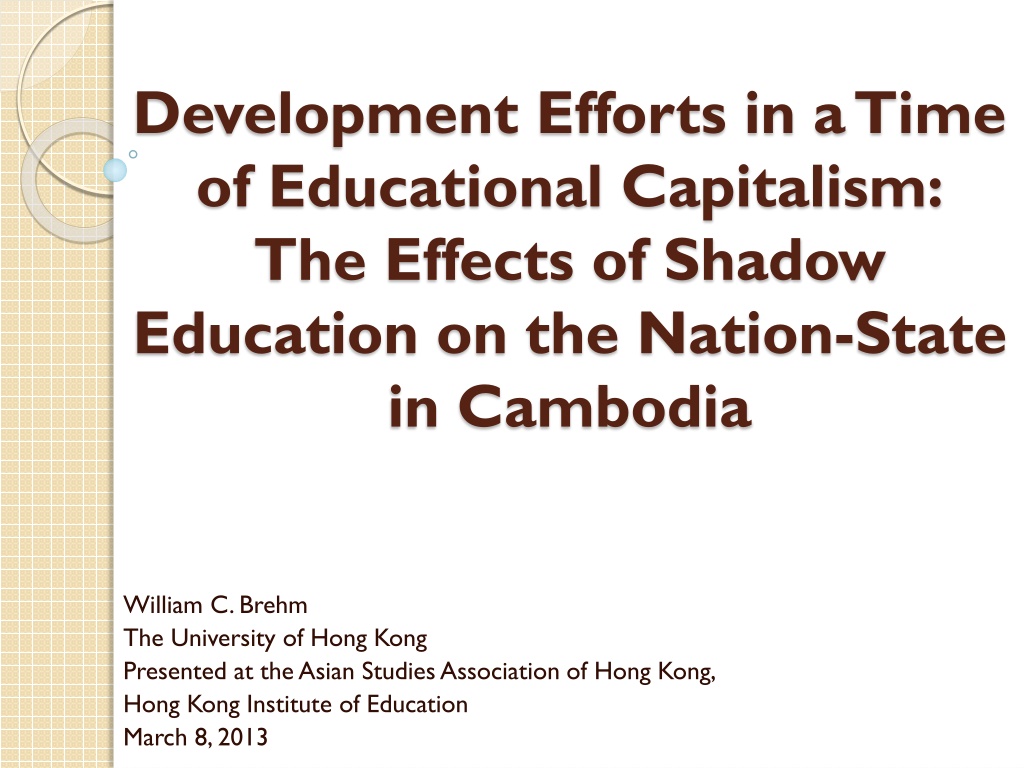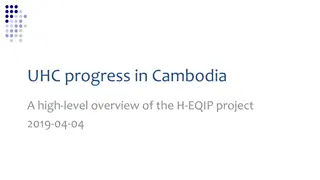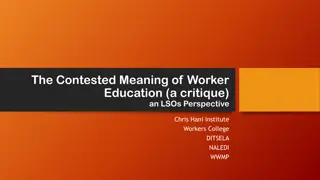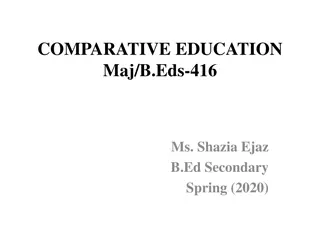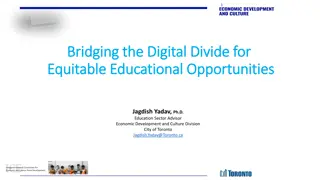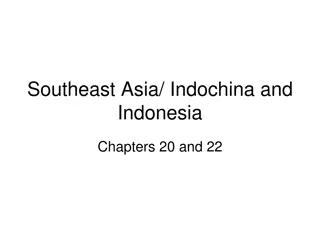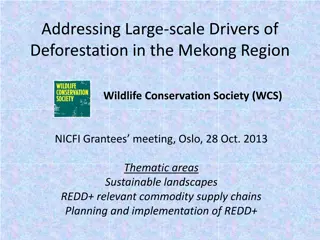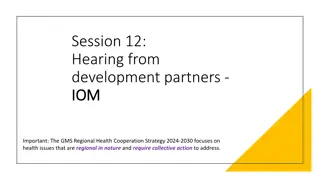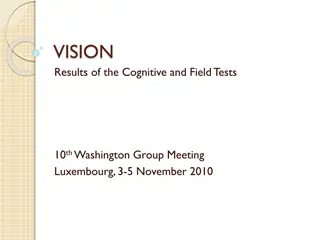Shadow Education and Educational Capitalism in Cambodia
Exploring the impact of shadow education on the nation-state in Cambodia, this analysis delves into the complex interplay between educational development, compulsory schooling, privatization practices, and the emergence of educational capitalism. It questions the traditional notions of nation-state development vis-à-vis mainstream schooling and highlights the emergence of a 'schizo-state' as a result of shifting educational dynamics.
Download Presentation

Please find below an Image/Link to download the presentation.
The content on the website is provided AS IS for your information and personal use only. It may not be sold, licensed, or shared on other websites without obtaining consent from the author. Download presentation by click this link. If you encounter any issues during the download, it is possible that the publisher has removed the file from their server.
E N D
Presentation Transcript
Development Efforts in a Time of Educational Capitalism: The Effects of Shadow Education on the Nation-State in Cambodia William C. Brehm The University of Hong Kong Presented at the Asian Studies Association of Hong Kong, Hong Kong Institute of Education March 8, 2013
Development of what? Development focused on the nation-state through an interpretive grid or dominant problematic. Development simultaneously depoliticizes everything while expands bureaucratic state power. In educational development, modernization and/or a high quality of life is achieved through compulsory schooling (human capital) and effective management (privatization practices).
Cambodian Educational Development Compulsory education since King Sisowath in 1911 and mandated in Article 68 of the 1993 constitution. Provide and pay: State shall provide free primary and secondary education to all citizens in public schools. Increasing efficiency: decentralization, de- concentration, marketization, and privatization.
Reterritorializing Education Publicly Funded Provided by nation-states? Education For All Mainstream Schooling Hybrid Education Education Shadow Education Privately funded Privately operated? All Education For Some
Educational Capitalism As new factors of production begin to emerge to produce knowledge (i.e., private tutoring), normative conceptions of nation- state development vis- -vis mainstream schooling are challenged. Schooling for nationalism? Schooling provided by states? The very link between a nation-state and schooling is challenged.
Development of the Schizo-state If educational development in a nation-state cannot create a welfare education system because of capital spreading into new spaces, Then what does development actually do to the state? I would suggest a schizo-state emerges that is a nation, market, and socialist state all at the same time, trying to please citizen and development partners alike.
Thank you! William C. Brehm The University of Hong Kong wbrehm@hku.hk
